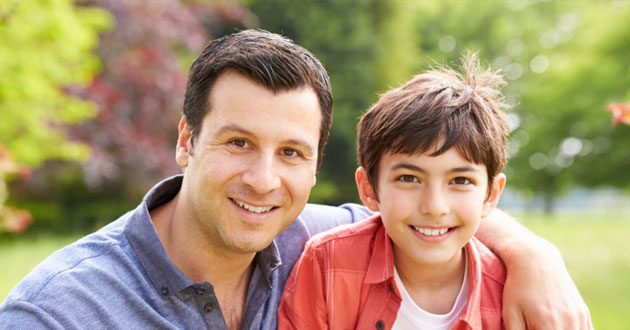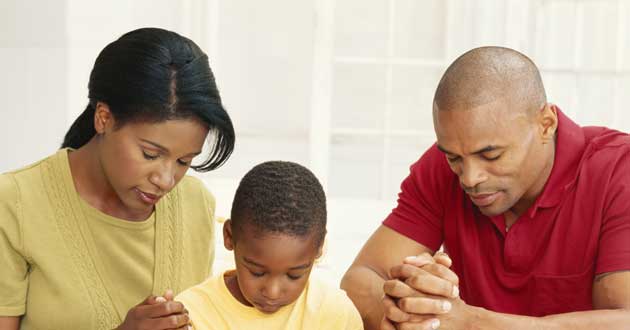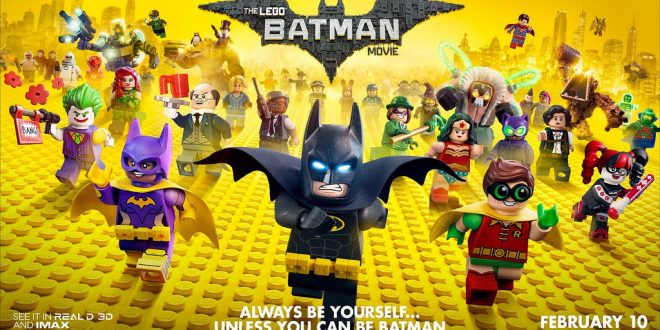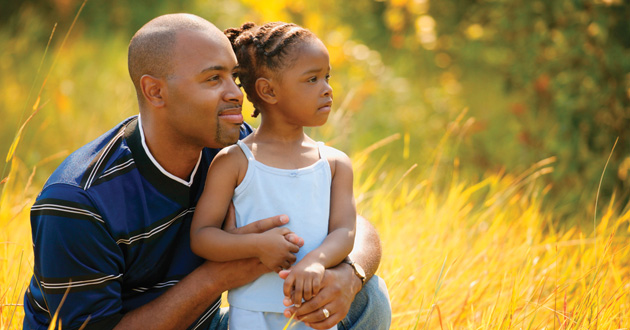‘Dad, what is abortion?’

As a parent, you don’t always get to pick the perfect moments for discussing life’s big issues with your children. In fact, sometimes they take place at the absolute worst times — like on a Sunday morning, when you and your spouse are frantically trying to get all the kids ready for church.
But that was the situation I found myself in recently when my 8-year-old son, in between brushing his teeth and combing his hair, broached the issue of politics, boldly declaring who he was for in a major election.
“And that’s who my friends are for, too,” he said.
His choice, though, was not my choice, and it boiled down to one issue: abortion. I have never supported a candidate who backed abortion rights, and this race was no different.
“What is abortion?” he replied.
Perhaps my son’s naive political position was my own fault. I enjoy talking about government and politics with my kids: We’ve toured presidential historical homes (so far, four as a family) and we’ve attended campaign rallies (of both major parties).
It’s been sort of a Civics 101 lesson for my kids, yet I’ve never gone into detail about why Mommy and Daddy support one candidate and not the other. It’s always been a generic “we’re not for them because they believe things that go against the Bible.”
Yet here I was, on a stressful Sunday morning, wondering if it was possible to explain the most divisive and debated issue of our time to my 8-year-old son … and preferably in less than three minutes.
Of course, a conversation about abortion will look different within different families, but most of them – within a pro-life framework – will share similar points. Here are four suggestions:
1. Be sensitive. And know your child’s maturity level. Not every 8-year-old child is ready to hear about the horrors of abortion. In some families, that conversation will take place at an older age – or younger age. Even though I told my son about abortion, we did not discuss terms like “partial birth” or “dilation and evacuation.” And although his 4-year-old brother and sister know all about death and heaven, they know nothing about abortion. For now, that’s fine.
2. Be honest. And don’t sugarcoat it. Even though I didn’t go into surgical details, I did use words such as “kill” and “heartbeat.” Any child who has experienced the pregnancy of a mother, family member or neighbor understands that a baby is growing inside a woman – even making her stomach move with tiny kicks. My son had watched his mother’s tummy grow with a precious life – his youngest brother – just 12 months prior to our talk. Here’s the irony: Children are naturally appalled at the thought of ending a life in the womb. We adults should be, too.
3. Be biblical. And even historical. The Bible, no doubt, considers the unborn child a life worthy of protection. Jeremiah 1:5 says that God formed us in the womb, while Psalm 139:13 uses even more colorful language, saying God “knitted” us. In Old Testament Israel (Exodus 21:22-25), the penalty for someone who struck a woman and caused an unborn child to be stillborn was death. Furthermore, the Didache – a Christian document dated to the first two centuries – stated clearly the thoughts of the church: “Do not murder a child by abortion or kill a newborn infant.” No, abortion is not a modern invention. My son and I didn’t discuss all of this information that morning, but eventually, we will.
4. Be prayerful. Abortion can be a harsh reality to stomach, yet we should be careful so that our children do not walk away filled with hate toward those involved in it. Our enemy is not “against flesh and blood” (Ephesians 6:12-13), and God eventually will judge the abortionists and anyone who backed them. In the meantime, we can pray for everyone, particularly for the women who have fallen victim to the lies of an industry that has silenced 50 million unborn souls.
Did my son fully grasp the issue that Sunday morning? No, but that’s OK. One day, he will.
— Michael Foust
Michael Foust is the father of four small children and blogs at MichaelFoust.com




